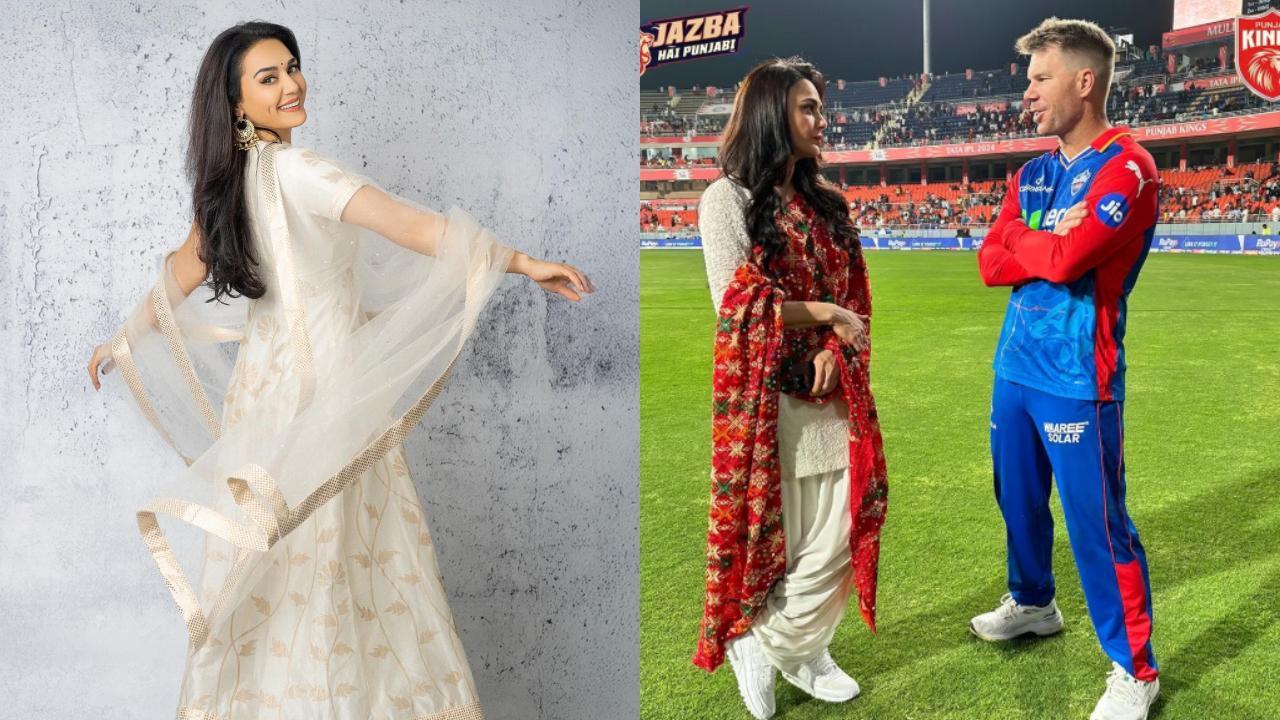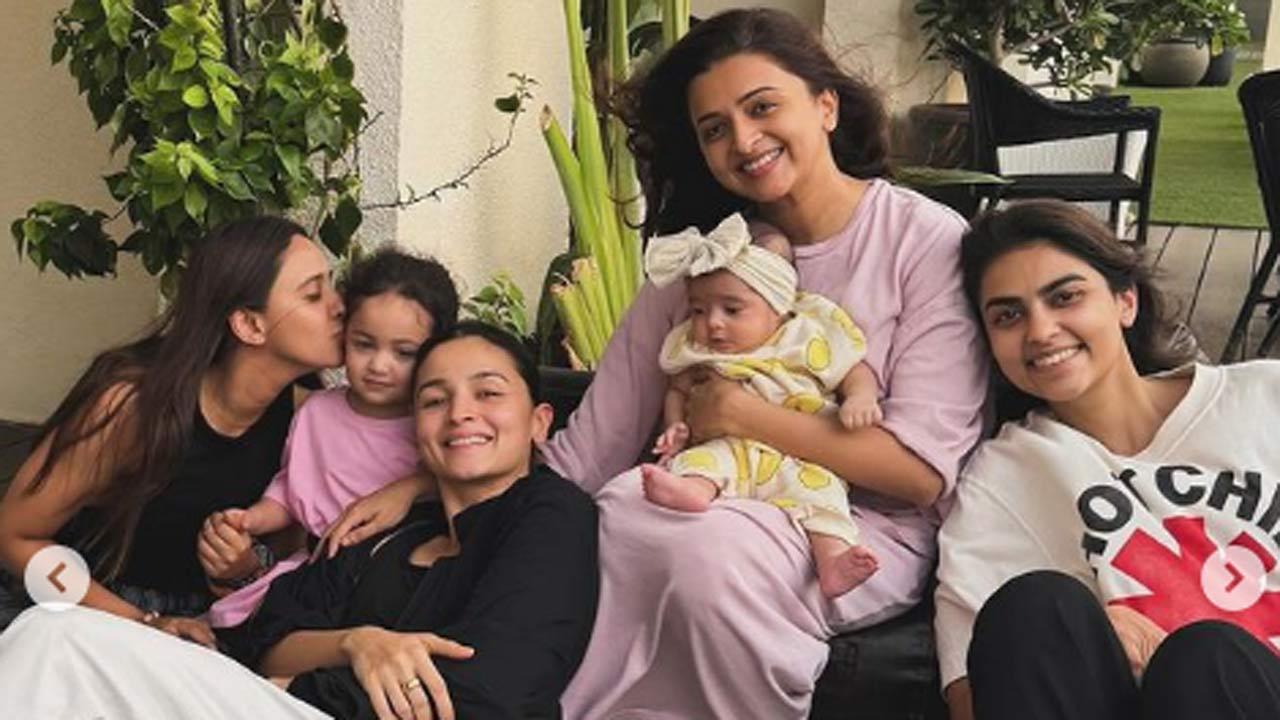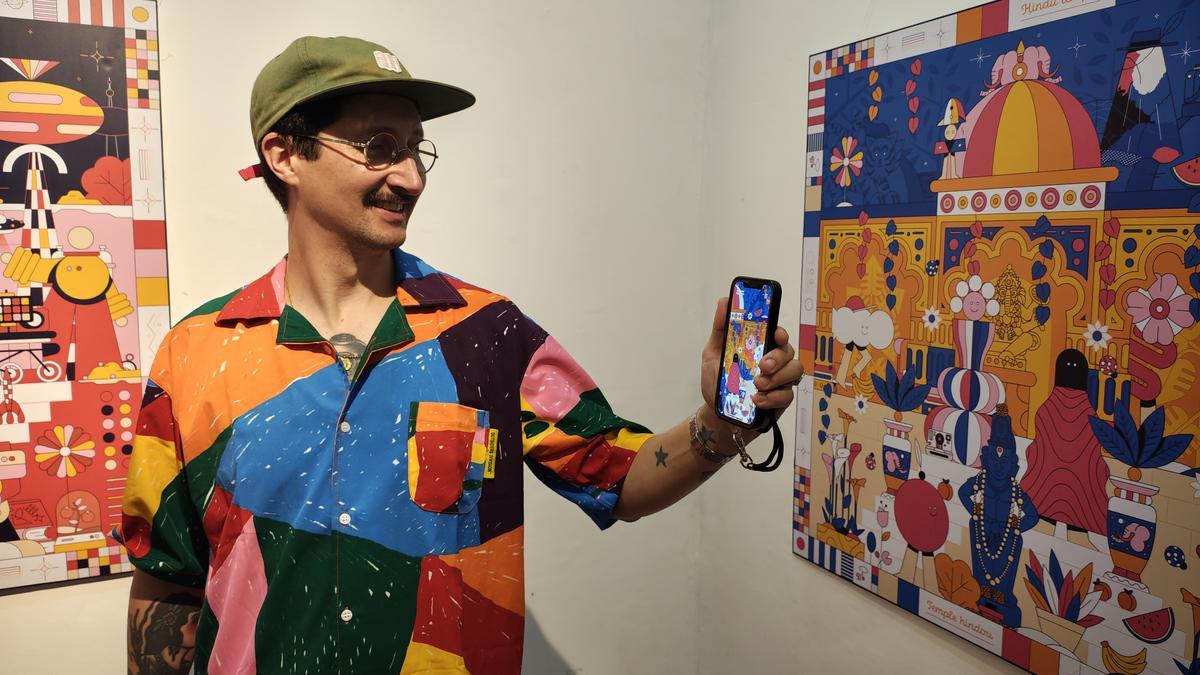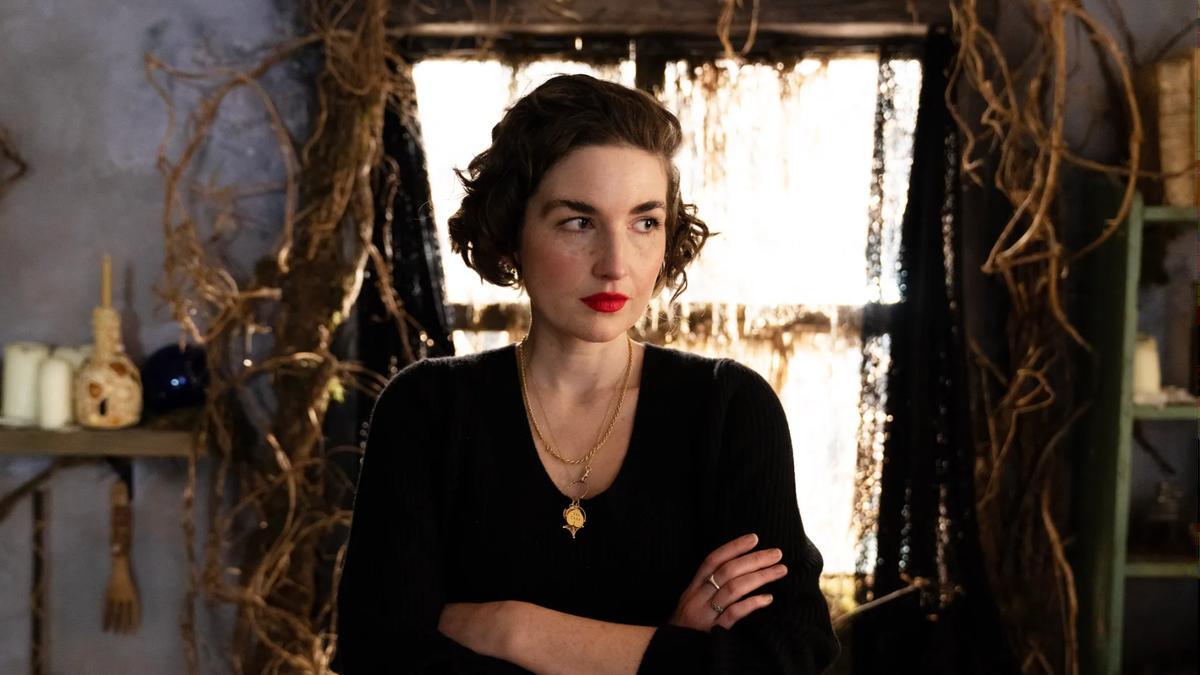
Months after its successful theatrical run, the film ‘The Kerala Story’, featuring Adah Sharma, has plunged back into the limelight following an announcement by Doordarshan to broadcast the movie after its OTT release. This decision has ignited fervent debates akin to those witnessed during the movie’s initial release in May of the previous year. In a vehement objection, Kerala Chief Minister Pinarayi Vijayan urged the national broadcaster to refrain from streaming the divisive film, suggesting it could aggravate communal tensions in the lead-up to the Lok Sabha elections.
Utilizing his social media platform, Chief Minister Vijayan criticized the move by Doordarshan, stating, “The decision by @DDNationalto broadcast the film ‘Kerala Story’, which incites polarization, is highly condemnable. The national news broadcaster should not become a propaganda machine of the BJP-RSS combine and withdraw from screening a film that only seeks to exacerbate communal tensions ahead of the general elections. Kerala will remain steadfast in opposing such malicious attempts to sow hatred.”
The film, directed by Sudipto Sen and released on May 5, 2023, enjoyed box office success. Yet, its promotional trailer attracted severe criticism for its contentious claim that 32,000 women from Kerala were subjected to forced conversions to terrorism or sold to ISIS as sex slaves. Its content sparked a significant backlash across various states, most notably leading to a ban on its screening by the Mamata Banerjee-led government in West Bengal.
The Communist Party of India (Marxist), as a prominent member of the ruling Left Democratic Front in Kerala, also protested against Doordarshan’s decision. The CPI(M) state secretariat made it clear that the film misrepresented and insulted the people of Kerala. In their statement, they expressed, “Doordarshan should not cooperate with the BJP’s attempt to create divisiveness through the seeds of religious communalism in Kerala, where different religious groups live in harmony. The film insulted the people of Kerala.”
The announcement that the film would air on April 5 at 8 pm was termed as a challenge to the state by the CPI(M), recalling that strong protests erupted when the initial trailer purveyed untruths regarding the supposed conversion of ‘32,000 women’ to terrorism. “The Censor Board itself recommended avoiding 10 offensive scenes in the movie as it takes up the false propaganda that ‘Kerala is a paradise for terrorists’. BJP’s move behind the sudden screening of the film with political purposes during Lok Sabha elections. It is true that the BJP has not been able to advance in any constituency. It is in this situation that Doordarshan is coming forward with the screening of the movie spewing racial venom,” the party further implied.
The controversy surrounding ‘The Kerala Story’ is not merely confined to its storyline or cinematic portrayal but has escalated to a broader clash of political ideologies and concerns regarding the film’s potential influence on communal harmony in Kerala. With the Lok Sabha elections on the horizon, the ramifications of Doordarshan’s decision to air such content remain a topic of intense debate and a barometer of the political temperature of the times.
Tensions remain high as the CPI(M) potentates call for Doordarshan to reconsider its programming choice, implying that the film’s narrative infringes upon the secular fabric of the state, known for its peaceful co-existence among various religious communities. This latest episode is a stark reminder of how art, politics, and societal values frequently intersect, leading to national discourse on censorship, representation, and the responsibilities of state-owned media. As both sides of the political spectrum continue to exchange sharp rebukes over the telecast of ‘The Kerala Story’, audiences are left contemplating the intersection of cinematic entertainment with real-world sensibilities and electoral strategies. (with inputs from ANI)










